Stop Guessing: Here’s the Right Generator Size for Your Home
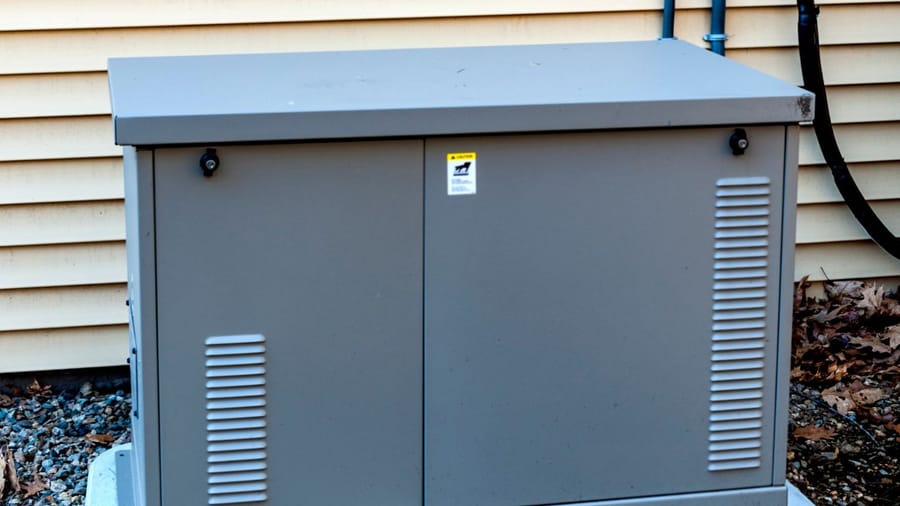
When the lights go out and the hum of appliances stops, a generator can be the one thing that keeps your home running smoothly. For many Maryland homeowners, a backup generator provides comfort, safety, and convenience during storms, grid failures, or other unexpected outages. However, there is one important detail that is often overlooked until it is too late: not all generators are the same, and choosing the wrong size can create more problems than it solves.
If the generator you install is too small, it will struggle to power multiple appliances at once. This can cause flickering lights, intermittent operation, or complete shutdowns. Overloading a small generator not only limits its usefulness but can also shorten its lifespan and even damage your appliances. On the other hand, installing a generator that is far larger than necessary can result in higher purchase and installation costs, increased fuel usage, and wasted energy.
At Chesapeake Electric, we help homeowners in Annapolis and surrounding areas find the generator that fits their home’s unique needs. Whether you are interested in a whole-home standby generator or a smaller backup system, the right choice starts with understanding your household’s power requirements.
Why Generator Size Matters
A generator is more than just an accessory—it is your home’s temporary power source during an outage. The correct size ensures you can run the systems and appliances that matter most without overloading the unit or wasting energy. The goal is to strike a balance: enough power to run essential items without overspending on capacity you do not need.
In an emergency, this balance matters more than most homeowners realize. A properly sized generator allows you to maintain heating or cooling, keep food from spoiling, run medical equipment if needed, and maintain a sense of normalcy even when the rest of the neighborhood is in the dark.
How Generator Size Is Measured
Generators are rated by the amount of electrical load they can handle, measured in kilowatts (kW). A kilowatt represents 1,000 watts of power, and the total kW rating tells you how much electricity the generator can produce at one time.
To determine the right size for your home, you must calculate your total load demand. This figure includes all the appliances, systems, and devices you plan to operate during an outage. Some homeowners choose to power only the essentials, while others prefer whole-home coverage. The size you choose will depend entirely on your lifestyle, priorities, and budget.
Factors That Influence Generator Size
No two homes are exactly the same, which is why sizing a generator requires more than just looking at square footage. Chesapeake Electric evaluates multiple factors to ensure the recommendation we provide is tailored to your specific situation.
We begin by considering the total size of your home, as larger spaces generally require more power to keep lights, outlets, and HVAC systems running. The heating and cooling system you use is another major factor. Central air conditioners and electric furnaces consume significant amounts of electricity and can drastically affect generator size requirements.
We also look at the number of major appliances you own, including refrigerators, freezers, sump pumps, and well pumps. Many of these run continuously during an outage, making them essential in sizing calculations. The number of lighting circuits and outlet locations also matters, as does any specialized equipment like home office electronics or medical devices that must remain operational.
Finally, we account for any plans you may have for future expansion. If you intend to add an electric vehicle charger, remodel a section of the home, or upgrade appliances, it makes sense to factor those needs in now to avoid undersizing your system.
Portable vs. Standby Generators
One of the first decisions you will make is whether to install a portable or standby generator. Portable generators are less expensive and can be moved or stored when not in use. They are ideal for powering a limited number of appliances, but they must be set up and started manually, which can be inconvenient during severe weather or emergencies. Most portable units range from 3 kW to 10 kW.
Standby generators, also called whole-home generators, are permanently installed and activate automatically when the power goes out. These units can power your entire home or focus only on essential systems, depending on your needs. Standby systems typically range from 12 kW to 48 kW or more and offer the highest level of convenience, reliability, and coverage.
Typical Generator Sizes for Maryland Homes
The size of the generator you choose will ultimately depend on how much of your home you want to power during an outage. Homeowners who want only the essentials—such as lights, a refrigerator, a sump pump, and basic outlets—often find that a unit between 9 and 14 kilowatts is sufficient.
Those who want more flexibility may choose a system between 14 and 20 kilowatts. This size allows you to run larger appliances, such as a furnace and water heater, while also powering additional lighting and outlets.
For uninterrupted whole-home functionality, including central air conditioning, electric heating, and all appliances, a generator rated at 20 to 30 kilowatts or more is typically required. This ensures your household can continue operating normally even during extended outages.
It is important to remember that many appliances require more power to start than to run continuously. These short bursts of higher demand, known as starting wattages, must be factored into sizing calculations to avoid overloading the system.
Why Professional Sizing and Installation Are Essential
While online calculators can provide a general estimate, they cannot account for the unique characteristics of your home’s electrical system. Only a licensed electrician can provide an accurate, customized recommendation that ensures your generator will perform reliably when needed.
At Chesapeake Electric, our licensed professionals begin with a thorough evaluation of your home’s current and future power requirements. We review your electrical panel and wiring capacity, account for both running and starting wattages, and identify the best location for safe, efficient installation. Our team handles all necessary permits and ensures every installation meets local codes.
We go beyond simply installing the equipment. Once the generator is in place, we perform complete system testing, show you exactly how to operate it, and offer ongoing maintenance to keep it in peak condition for years to come.
Plan for Long-Term Power Security
Selecting the right generator is an investment in your family’s comfort and safety. By choosing a system that meets both your current and anticipated needs, you can protect your home from power disruptions for years to come.
At Chesapeake Electric, we are committed to helping Annapolis-area homeowners make informed decisions about their backup power solutions. Whether you need whole-home coverage or want a system to power essential items, our team will guide you every step of the way.
For expert generator sizing, professional installation, and reliable maintenance, call Chesapeake Electric at (410) 541-1445 today and schedule your consultation.
Recent Posts

January 23, 2026
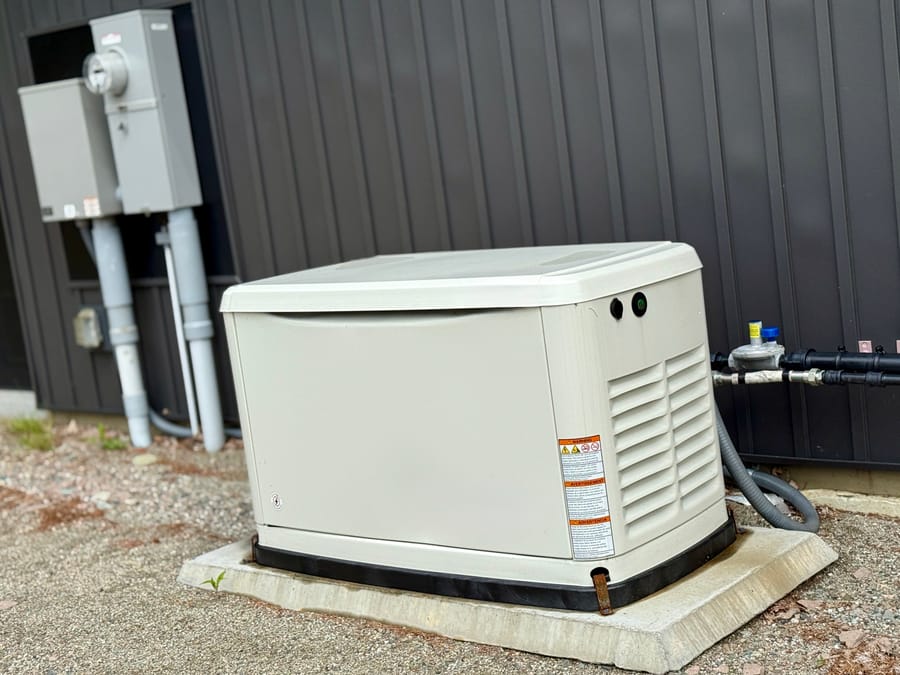
January 22, 2026
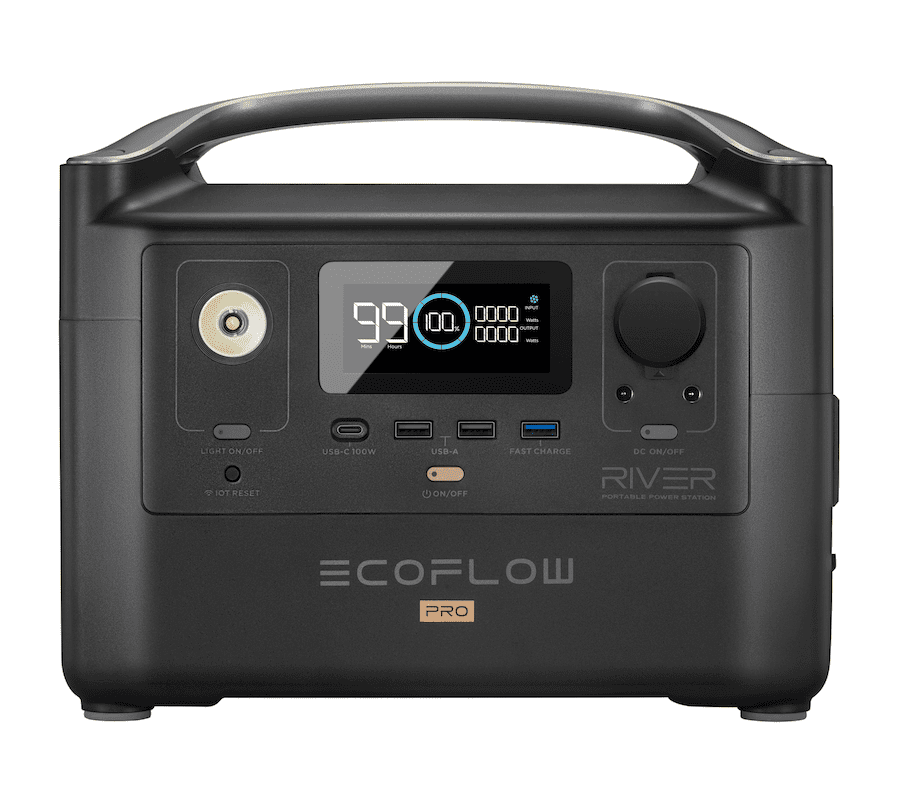
January 21, 2026
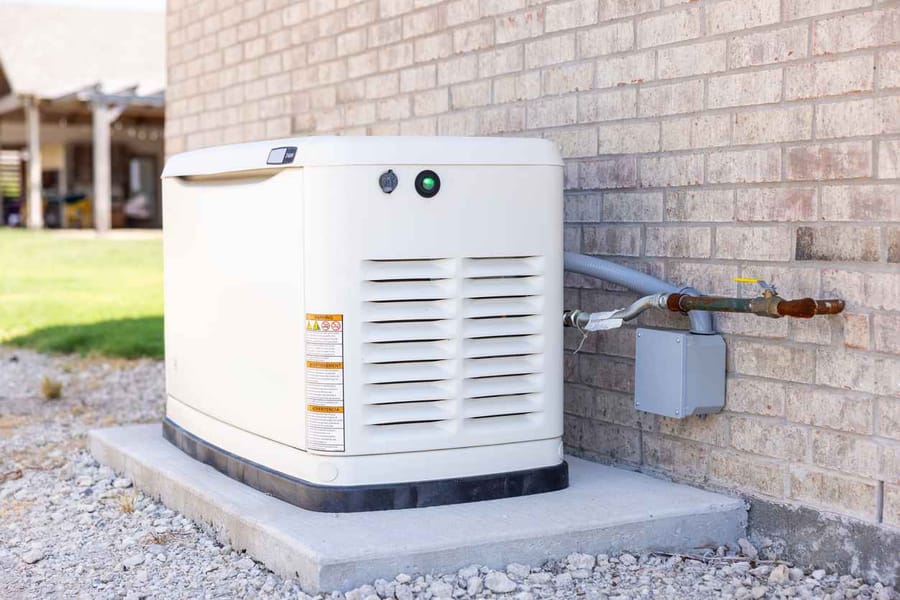
December 19, 2025

December 19, 2025
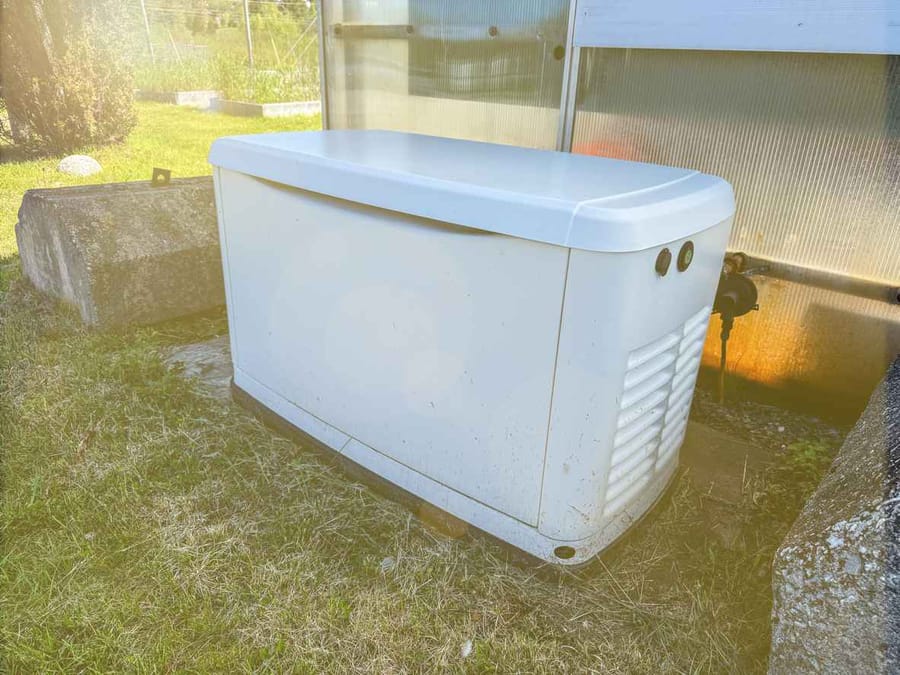
December 19, 2025
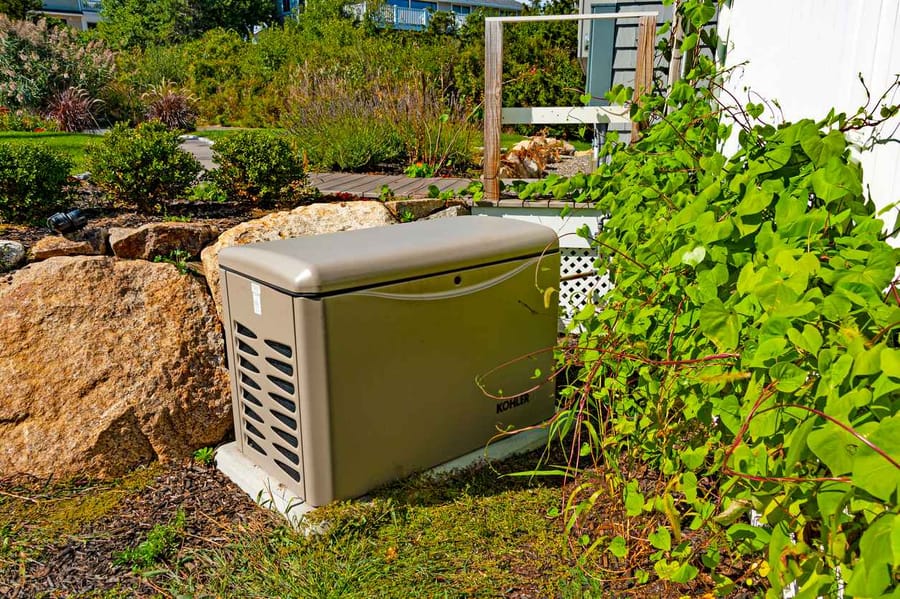
November 21, 2025